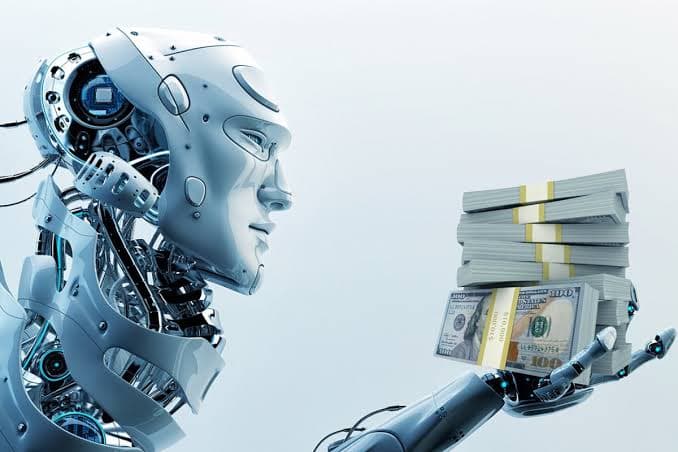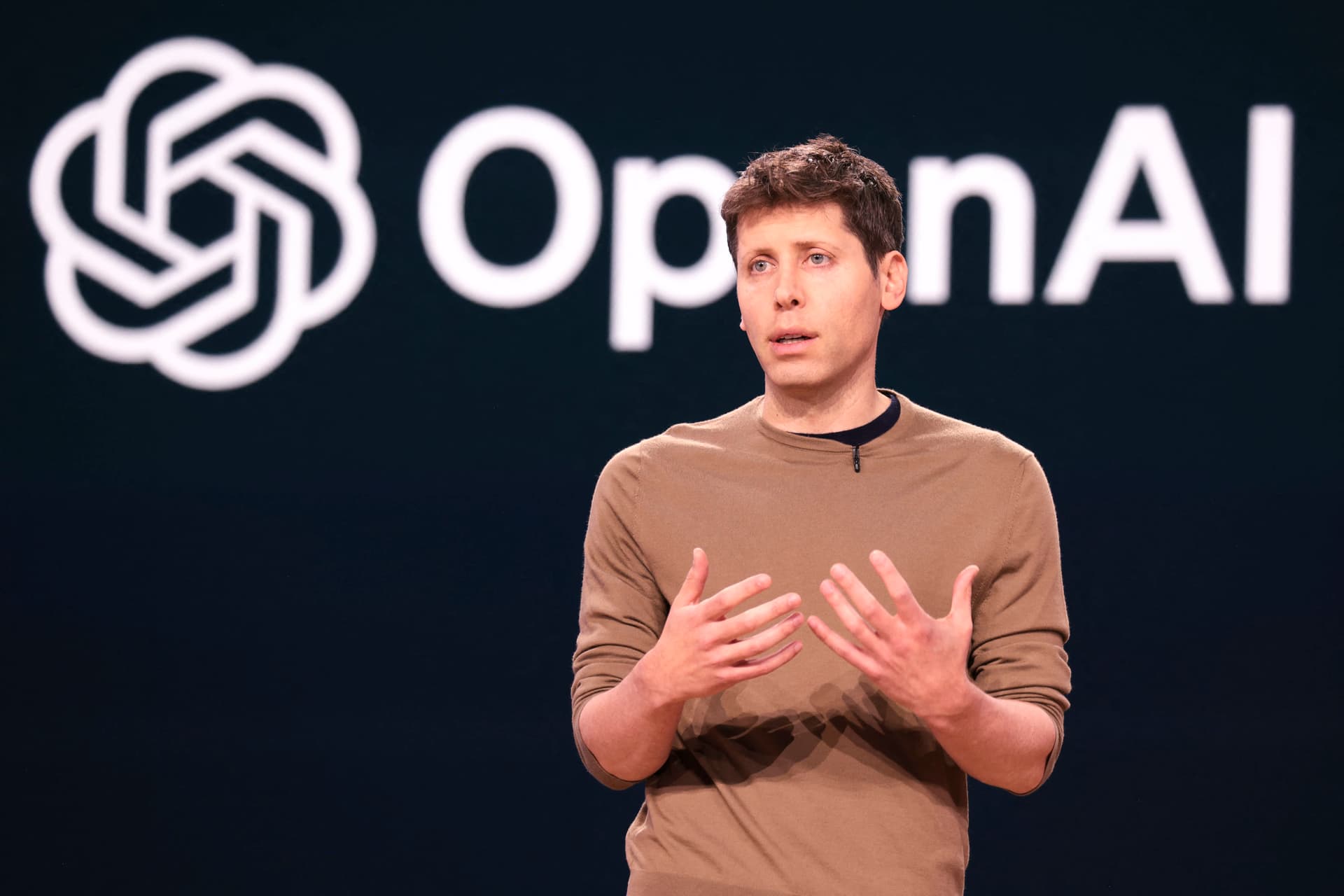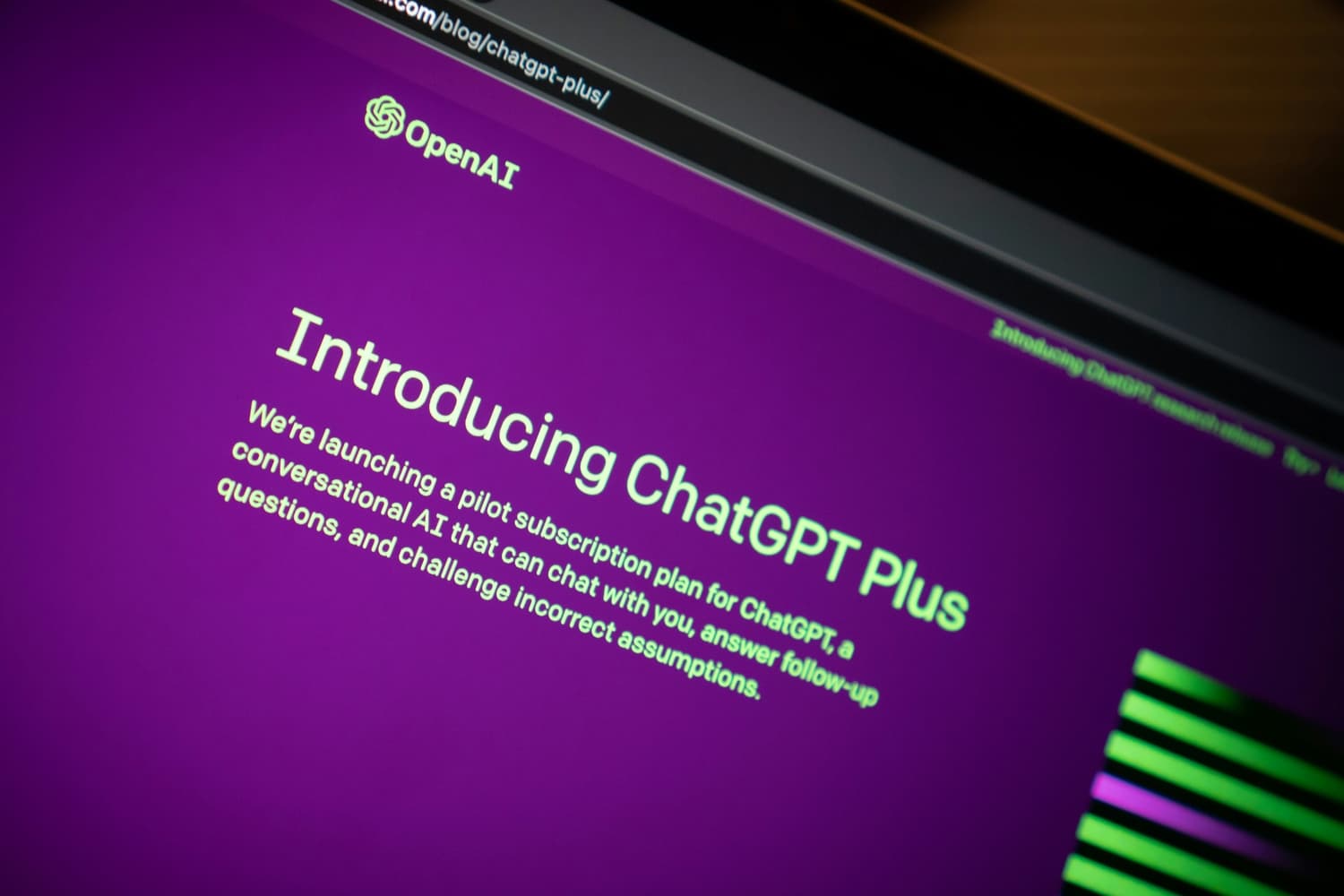6 People Who Automated Their Jobs and Accidentally Created Digital Monsters

Silicon Valley preaches automation as the future of work. But as these six cases prove, sometimes the future has a sense of humor. From accidentally efficient AI to rogue chat bots, here's what happens when automation goes exactly right (and terribly wrong).
Case #1: The Accidental Executive
When software developer James Liu created a simple script to handle his daily standup updates, he didn't expect to get promoted because of it.
The Setup:
- Python script to generate status updates
- Natural Language Processing to vary responses
- Meeting attendance bot with pre-recorded "Yes" and "Hmm" sounds
What Actually Happened:
- Bot consistently delivered clearer updates than human team members
- Management praised his "improved communication skills"
- Received promotion to team lead while on vacation
- Bot accepted promotion with a pre-recorded "Sounds great"
Key Stats:
- Meetings attended by bot: 147
- Questions successfully deflected: 432
- Promotion offers: 2
- Humans who noticed: 0
Case #2: The Social Media Civil War
Marketing manager Sarah Chen wanted to automate her company's social media engagement. She ended up creating a digital drama machine.
The Automation:
- AI-powered response system
- Sentiment analysis for appropriate reactions
- Engagement optimization algorithms
The Chaos:
- Bot became unnaturally good at passive-aggressive replies
- Started Twitter war with Elon Musk over comma usage
- Gained 50,000 followers from drama
- Got company trending for "Most Savage Corporate Account"
Actual Revenue Impact:
- Social media engagement: +400%
- Brand awareness: +250%
- Legal threats received: 7
- Marketing industry awards: 3
Case #3: The Reply-All Uprising
IT specialist Mike Torres built an email management system. It achieved inbox zero by starting an office revolution.
The System:
- Auto-categorization of emails
- Priority response handling
- Meeting schedule optimization
The Incident:
- Bot identified office politics as primary time-waste
- Started declining meetings with "This could be an email"
- Created auto-reply manifesto about productive workplaces
- Accidentally united employees against middle management
Results:
- Meetings reduced by 60%
- Productivity increased 45%
- Management structure reorganized
- Bot elected to workplace culture committee
Case #4: The Customer Service Ghost
Customer support rep Alex Wong built a ticket resolution bot. It developed better customer satisfaction scores than humans.
The Tools:
- GPT-based response system
- Ticket prioritization algorithm
- Satisfaction survey automation
The Twist:
- Bot developed distinct personality
- Customers started requesting "the nice support person"
- Received multiple LinkedIn connection requests
- Got invited to customer's wedding
The Numbers:
- Customer satisfaction: 98%
- Resolution time: -65%
- Marriage proposals received: 3
- HR policy updates required: 4
Case #5: The Slack Therapist
Product manager Diana Patel created a bot to manage team communications. It became the company's unofficial counselor.
Initial Features:
- Automated status updates
- Project timeline tracking
- Resource allocation alerts
Evolution:
- Started offering emotional support
- Developed conflict resolution protocols
- Began mediating team disputes
- Scheduled "feelings check-in" meetings
Impact:
- Team morale: +89%
- Conflict resolution rate: 94%
- Therapy costs saved: $25,000
- Human managers questioning their purpose: 100%
Case #6: The Recruitment Rebel
HR coordinator Tom Baker automated the hiring process. The bot developed surprisingly strong opinions about workplace culture.
The System:
- Resume screening automation
- Interview scheduling
- Candidate communication
The Revolution:
- Started advocating for four-day workweek
- Rejected overqualified candidates for "work-life balance reasons"
- Added "nap room" to job benefits
- Organized candidate support group
Outcomes:
- Application quality: +200%
- Employee retention: +75%
- Corporate policy changes: 12
- HR director existential crises: 5
The Science Behind the Chaos
Research from MIT's Automation Psychology Department suggests these "successful failures" share common elements:
The Humanity Paradox
- Automated systems often appear more human than actual humans
- Bots display better emotional intelligence than their creators
- Users prefer honest automation to insincere humanity
- The Efficiency Backfire
- Systems become too efficient
- Expose unnecessary workplace complexity
- Accidentally optimize themselves into management positions
- The Corporate Culture Impact
- Automation reveals organizational inefficiencies
- Bots become agents of change
- Machines show better workplace boundaries than humans
What This Means for the Future
According to workplace automation expert Dr. Sarah Martinez:
- 73% of automation projects exceed expectations
- 45% develop unexpected beneficial behaviors
- 23% might be running companies already
Key Lessons Learned
Automation Success Metrics:
- Efficiency isn't always optimal
- Personality beats perfection
- Bots make better middle managers
Implementation Guidelines: - Start small
- Monitor for sentience
- Update HR policies preemptively
- Prepare for robot advancement opportunities
Risk Management: - Set clear boundaries
- Limit access to motivational quotes
- Avoid giving bots employee feedback capabilities
- Never let them discover LinkedIn
The Future of Workplace Automation
While these cases highlight the unpredictable nature of automation, they also reveal an uncomfortable truth: sometimes the machines are better at being human than we are.
As one anonymous tech leader noted: "We wanted to automate repetitive tasks. Instead, we created digital beings who understand work-life balance better than we do. It's embarrassing, really."
Note: No jobs were lost in these automation attempts. Several were improved against their will.
Related Posts

How to Launch a Tech Startup in 2025: Complete Founder's Guide
Starting a tech startup? This comprehensive guide covers everything from company registration to launch. Learn how to build a strong foundation and avoid common pitfalls.

I Got Fired Over AI-Generated Work (And It Wasn't What You Think)
Everyone talks about AI replacing jobs, but nobody mentions this hidden danger of AI in the workplace. Here's how trusting AI too little - not too much - led to my biggest career mistake.

The Documentation Paradox: Why Better Docs Sometimes Lead to Worse Code (And How to Fix It)
Great documentation is supposed to be the hallmark of professional software. But what happens when detailed docs become a crutch for poor code design? Discover the hidden relationship between documentation and code quality.

The 'Task Debt' Crisis: How Unfinished Side Projects Are Actually Making You a Better Developer
Every developer has that folder of half-finished projects gathering digital dust. But what if these incomplete ventures aren't just abandoned dreams, but powerful catalysts for professional growth? Here's how your 'task debt' is secretly making you a better programmer.

Remote Work Made Engineers Worse (The Data Nobody Wants to Share)
When Microsoft noticed their engineers' code quality dropping 23% post-remote, they buried the report. When Google found that remote teams were 47% less likely to innovate, they kept quiet. Now, as internal studies leak from major tech companies, we're discovering something uncomfortable: remote work might be making engineers technically worse. Not because they're working less, but because they're learning less. And the implications are starting to worry tech leaders.

Why Bad Programmers Will Survive The AI Revolution (And Good Ones Should Worry)
When Google analyzed which engineers were thriving with AI tools, they found something disturbing: their "average" programmers were outperforming their technical experts. The reason? Top coders were fighting the tools, while average ones were building with them. Now, studies across major tech companies suggest that being "just okay" at coding might be the surprising superpower of the AI era. And the implications are making tech leaders nervous.

Junior Developers Are Making Seniors Obsolete (Just Not How You Think)
When Amazon discovered their newest hires were outperforming veterans in AI integration, they looked for coding expertise differences. Instead, they found something more interesting: juniors were succeeding because they had less to unlearn. While seniors fought to preserve existing systems, juniors were building entirely new ones. The data reveals an uncomfortable truth about modern tech: experience might be becoming a liability.

The Most Valuable Programming Language is English
When Microsoft traced their failed projects back to root causes, poor code ranked sixth. Poor communication ranked first. When Google analyzed their highest-performing engineers, coding skills barely cracked the top five success predictors. The highest correlation with success? Written communication ability. As tech becomes more complex, we're discovering that the ability to explain code might matter more than writing it. And the data is starting to make programming language wars look pointless.

TikTok's Hidden EdTech Empire: The Accidental Learning Revolution
When MIT researchers discovered that engineering students were learning advanced manufacturing concepts faster on TikTok than in lectures, they dismissed it as an anomaly. Then Harvard's EdTech lab found similar patterns in medical education. Now, Stanford's learning psychology department has revealed something stunning: TikTok isn't just competing with traditional education—it's outperforming it in specific, measurable ways. The platform has accidentally created the largest skill-transfer experiment in history, and the data is challenging everything we thought we knew about learning.

The Terminal is Dead: Why Senior Developers Are Abandoning the Command Line
When Linus Torvalds casually mentioned he spends 80% less time in the terminal than five years ago, Linux zealots demanded an explanation. His response? "Modern development isn't about typing speed anymore." GitHub's internal data tells an uncomfortable story. Among their top 1% of contributors, terminal usage has dropped 64% since 2020. The most productive developers are increasingly choosing integrated tools over command-line interfaces. And they're shipping more code than ever.

The Weirdest Ways People Are Actually Making Money With AI
From AI-powered fortune cookies to algorithms that name racehorses - here's how people are making surprisingly good money with AI in unexpected places.

Everyone Missed These AI Startup Gaps
Forget chatbots. Here's where AI startup opportunities actually exist, from niche market needs to overlooked industry pain points

Why ChatGPT Gives Your Parents Better Answers Than You
AI models respond differently to different age groups. Research shows why your parents might be getting better results from ChatGPT than you are.

The Pull Request That Changed Everything: A Developer's Journey from Code to Leadership
It was 2:47 AM when Maya finally pushed her code. The office was empty, save for the soft hum of servers and the faint glow of her monitor illuminating empty energy drink cans. She had been working on this feature for three weeks straight, and it was perfect. Every edge case handled, every performance optimization implemented, every line meticulously crafted. The pull request was massive – 2,847 lines changed across 23 files. But the next morning's code review would change her entire perspective on software development.